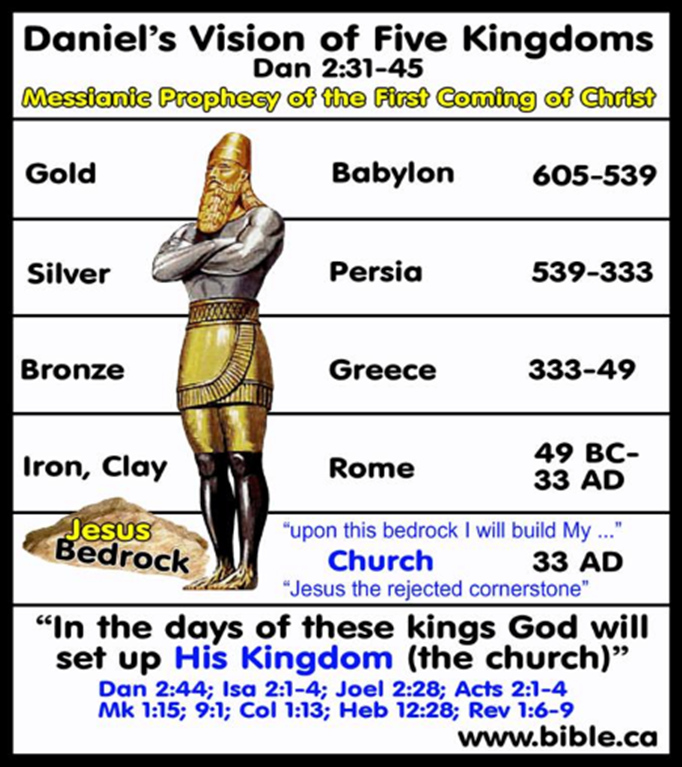“A Different Level of Energy” by Andrew Ellis

Last weekend, I attended my first-ever Major League Baseball Postseason game. While I have been to many MLB games across the country, this Postseason game stood out. I made many observations during my time at this Postseason game. Among the things, I took note of was the atmosphere. The energy prevalent among the crowd in attendance was unlike anything I have seen in person at a MLB game. In addition, there is a sense of urgency in the Postseason. There is a realization by all Postseason teams that if they do not win this time of year, their respective seasons can end without winning a championship.
Typically, you do not see this type of urgency most of the year in Major League Baseball. During a year where each team plays roughly a month’s worth of Spring Training games before participating in a 162-game regular season, it can be easy not to have a sense of urgency. It can be easy to get tired along the way. There will be both good and bad days. What if every team played every game with the same urgency that exists during a Postseason game?
Life can often be like a baseball season. There are many days, both good and bad. There are days we may not be up to the challenges we face. As Christians, do we ever find ourselves like this? Do we ever get worn down by what life can throw at us? Do we ever feel the work we do is meaningless? No matter the circumstances we face, we need to remember the work we do for Christ is significant, no matter how big or small. We need to maintain a certain energy level in our lives as Christians. Paul the Apostle alludes to this idea in Galatians 6. Galatians 6:9-10 says, “And let us not grow weary of doing good, for in due season we will reap, if we do not give up. So then, as we have opportunity, let us do good to everyone, and especially to those who are of the household of faith.”
While every day may not bring the most excitement, do not overlook the small things. We need to go after each day with as high of a level of energy as possible.










